Manifest Destiny 2.0
Indigenous incarceration and race-based gerrymandering.
In an era of re-examining our values as a nation amid the current rise of American neo-fascism, we need to have an honest conversation about incarceration-based gerrymandering - particularly concerning Indigenous Americans. Race and incarceration-based gerrymandering politically disempowers underrepresented Indigenous groups - Native Americans and Pacific Islanders - across the United States and its Territories.
Both Native Americans and Pacific Islanders have had their land colonized, and ultimately stripped of them, by the West for centuries and both Indigenous groups face disproportionate incarceration. There has been ongoing institutional persecution of the very groups from whom the United States has annexed land and not enough has been done to address this issue.
Every state in the United States that has a higher indigenous population, (i.e. Hawai'i, Alaska, Arizona, Montana, South Dakota, Michigan, etc.) has a rate of incarceration that is egregiously higher than other racial categories and are even more so affected by lack of education, health issues, poverty, and other socioeconomic disparities.
Data and Disaggregation
Many critics of race-based persecution and prosecution have primarily focused on larger minority groups such as African-American and Latinx populations. However, this has resulted in a lack of focus on underrepresented groups that are being targeted as well, and having their data skewed out of convenience or ignorance only adds to ongoing marginalization.
Native Hawaiians and Other Pacific Islanders (NHPI) also suffer further for this through the erroneous consolidation of data with Asian-Americans, an exponentially larger and separate Federally-protected ethnic category, which ultimately dilutes vital information on the persecution of underrepresented Pacific Islanders in the United States. How often do you hear of these statistics? This might be your first time, and you're definitely not alone.
From a 2004 Prison Policy Initiative report:
How the incarcerated are counted in Montana is of critical importance to an accurate count of Native American communities. While Native Americans are 6% of the Montana population, more than 20% the incarcerated people in the state are Native American. Native American women are the same 6% of Montana women, but are 32% of the incarcerated women in the state. Native Americans in Montana are incarcerated at a rate more than 4 times higher than the White residents of the state.
Hawai’i - particularly non-Native elected officials - has also participated in this brand of gerrymandering that is apparently targeting NHPI individuals:
Incarcerated people in Hawai’i are disproportionately Native [Hawaiian]. In the 2000 Census, 18% of the state was Native Hawaiian. The Department of Public Safety says that approximately 40% of incarcerated people are Native, and the U.S. Census reported higher figures in the three facilities for which such data was available:
Halawa Correctional Facility: 55.8%
Waiawa Correctional Facility: 52.8%
Kauai Community Correctional Center: 42.7%
Hawai'i currently sends 1,900 (54%) of its state prison population to prisons on the mainland, mostly to the private Saguaro Prison in Arizona. These people are credited to Arizona for congressional apportionment purposes and used to pad state legislative districts in Arizona.
According to census data, Native Hawaiians accounted for roughly half of the resident population of Appleton township in Swift County, Minn. — because of a contract between the state of Hawai’i and the Corrections Corporation of America, which operated the district’s Prairie Correctional Facility.
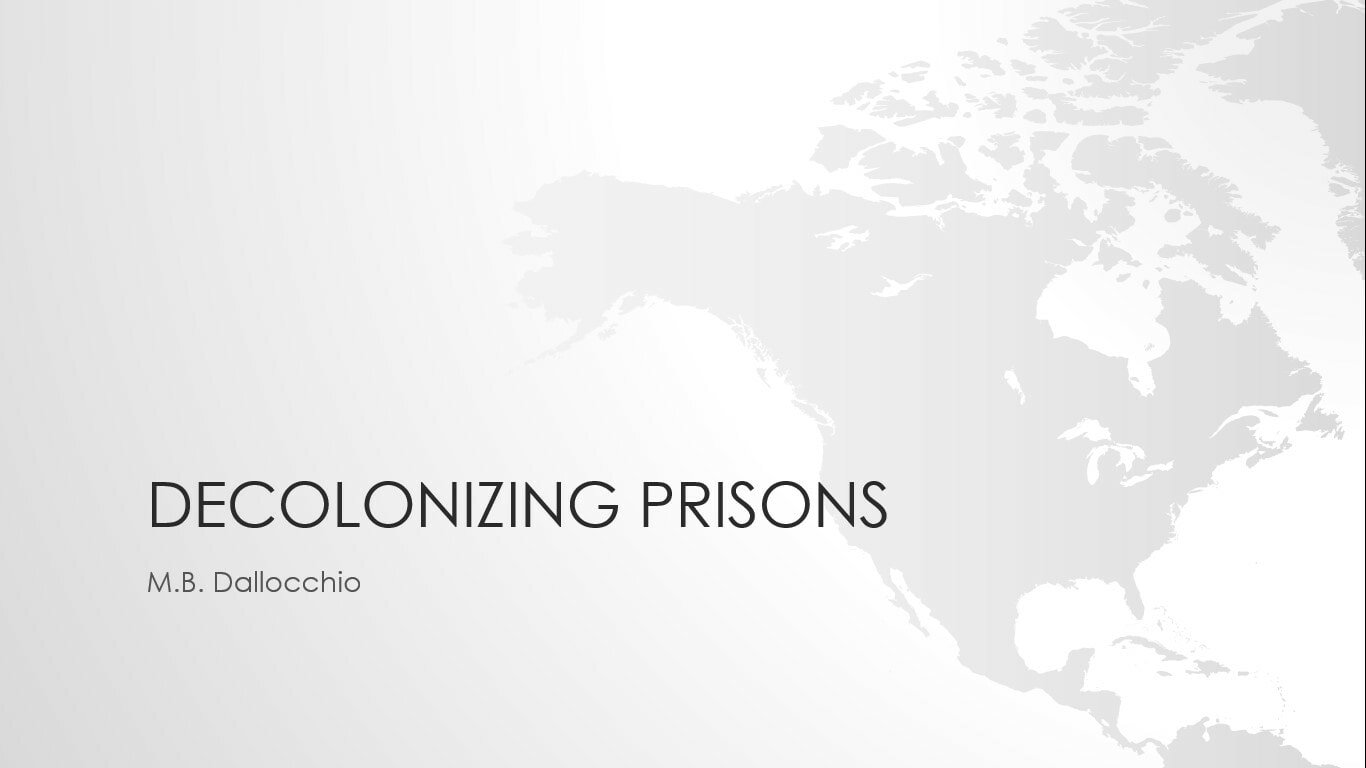
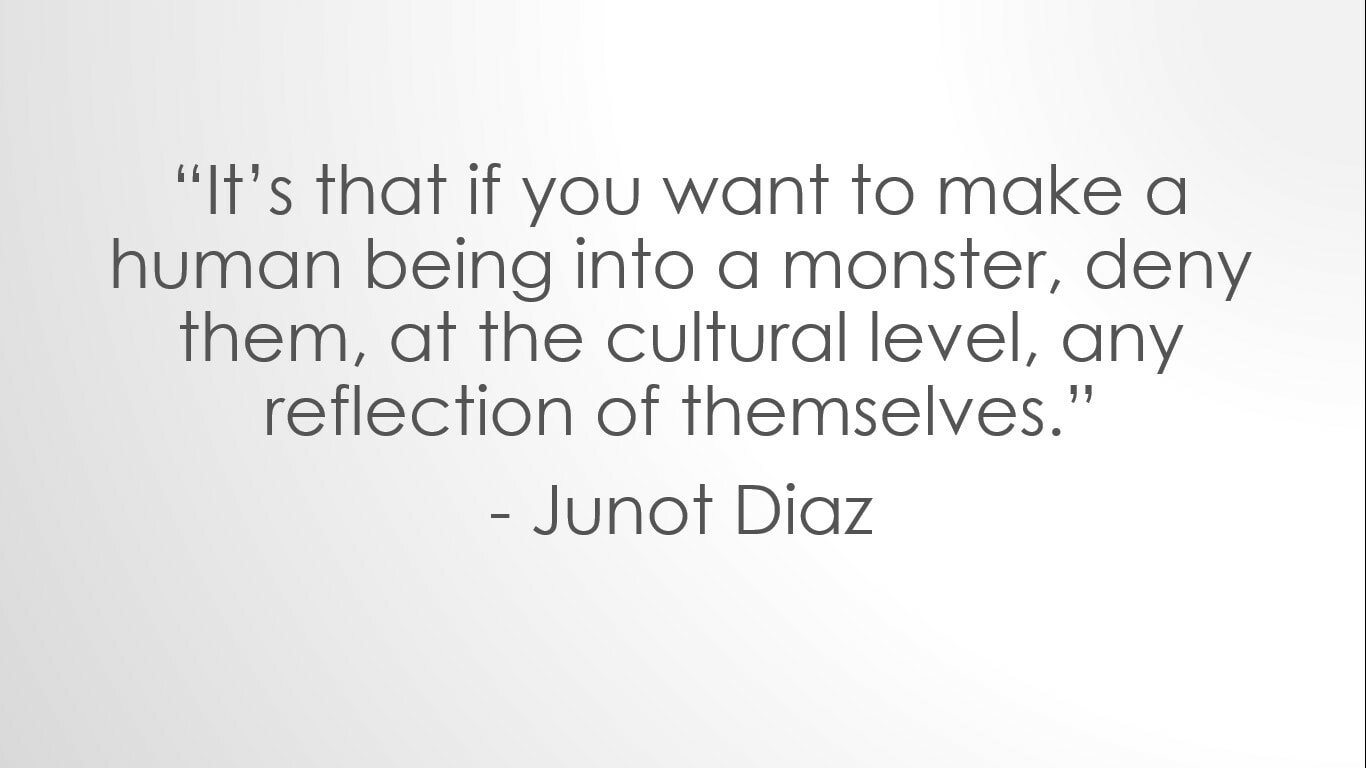
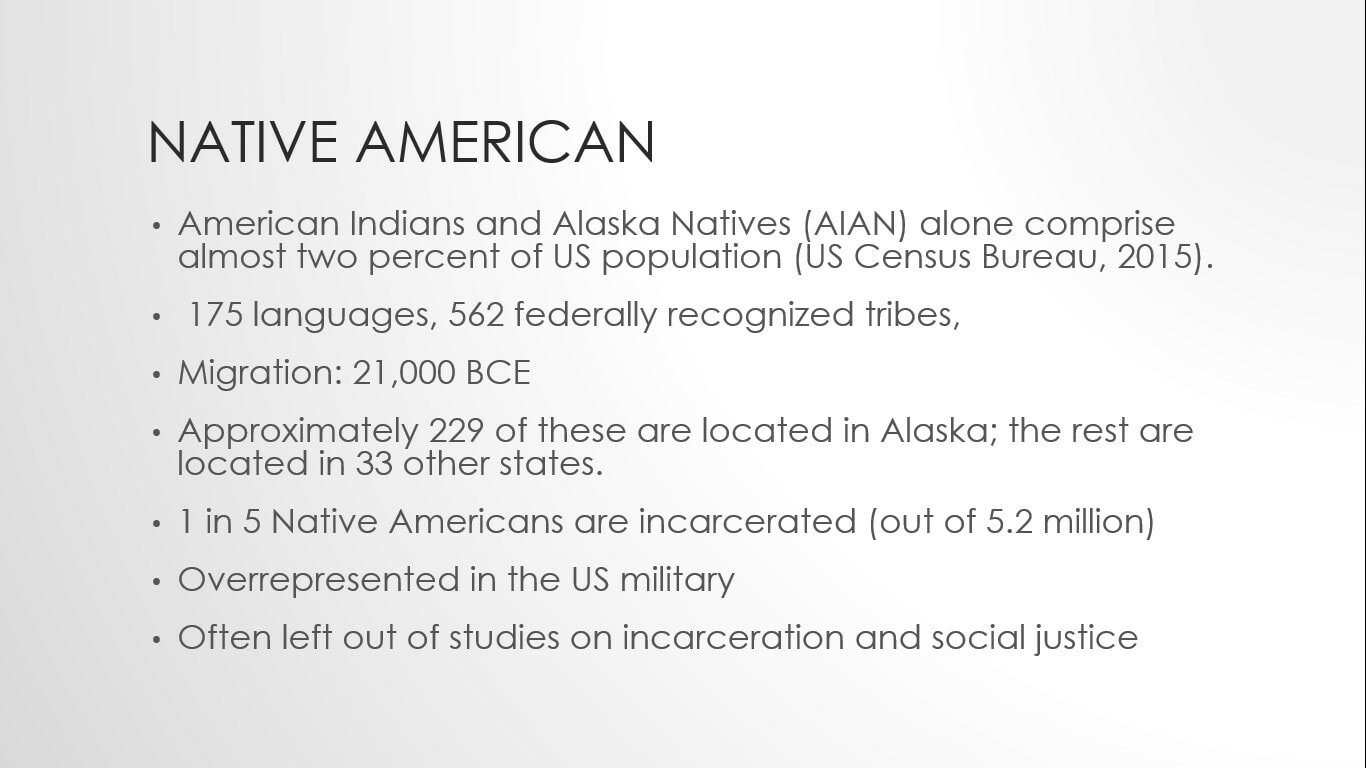
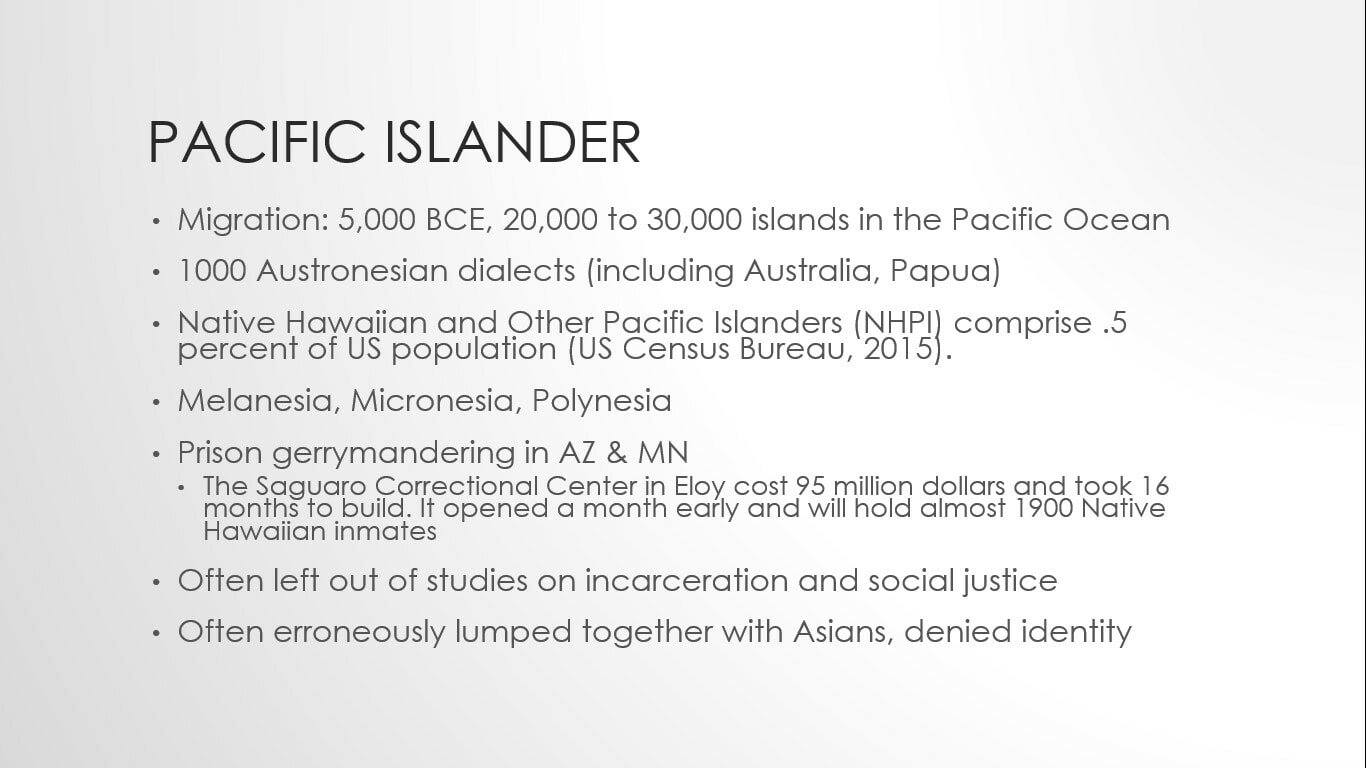
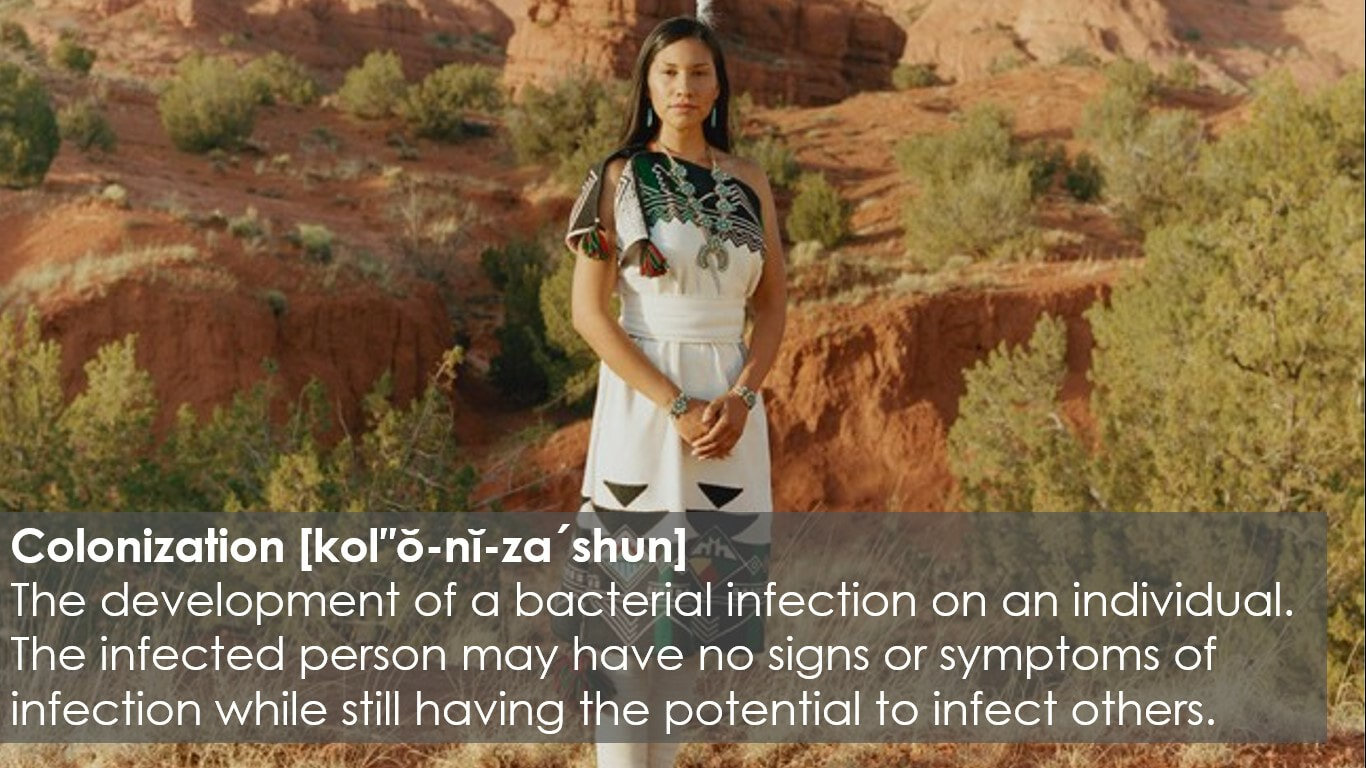
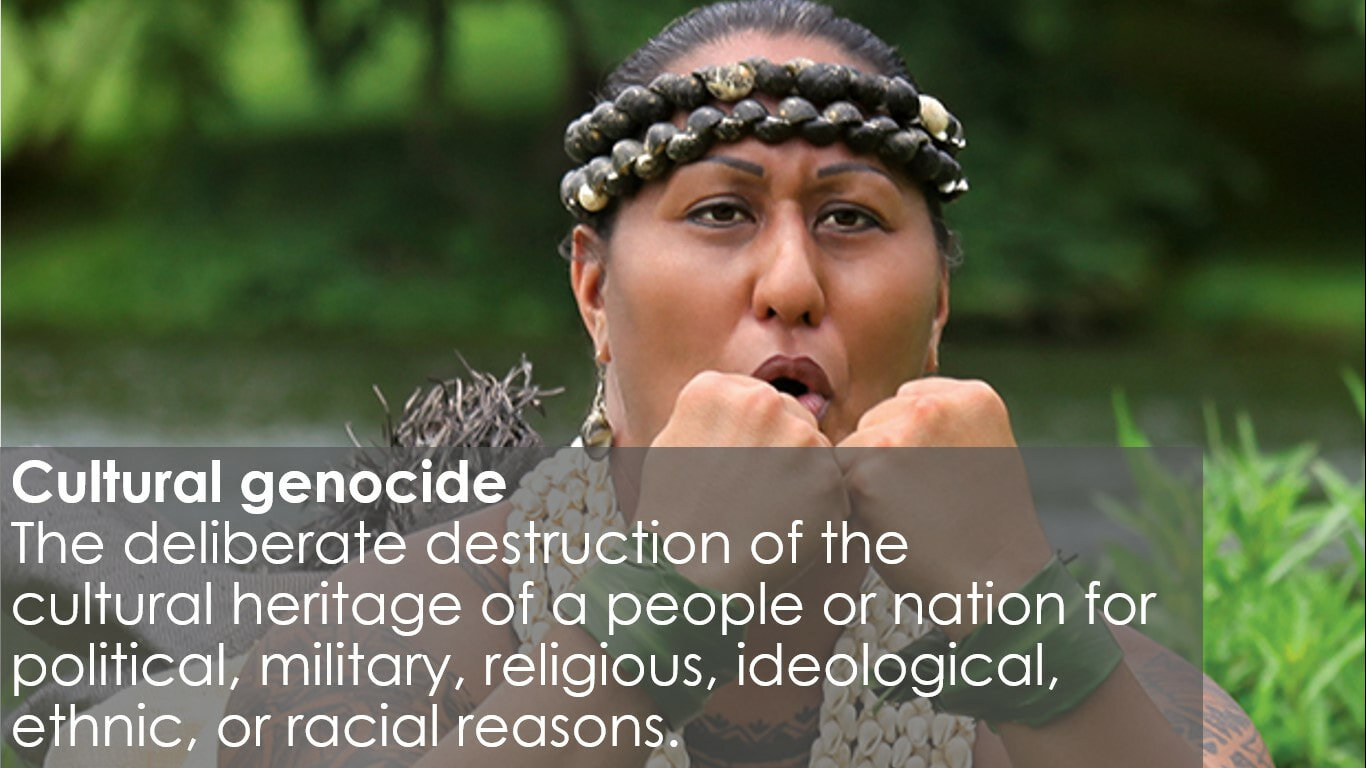
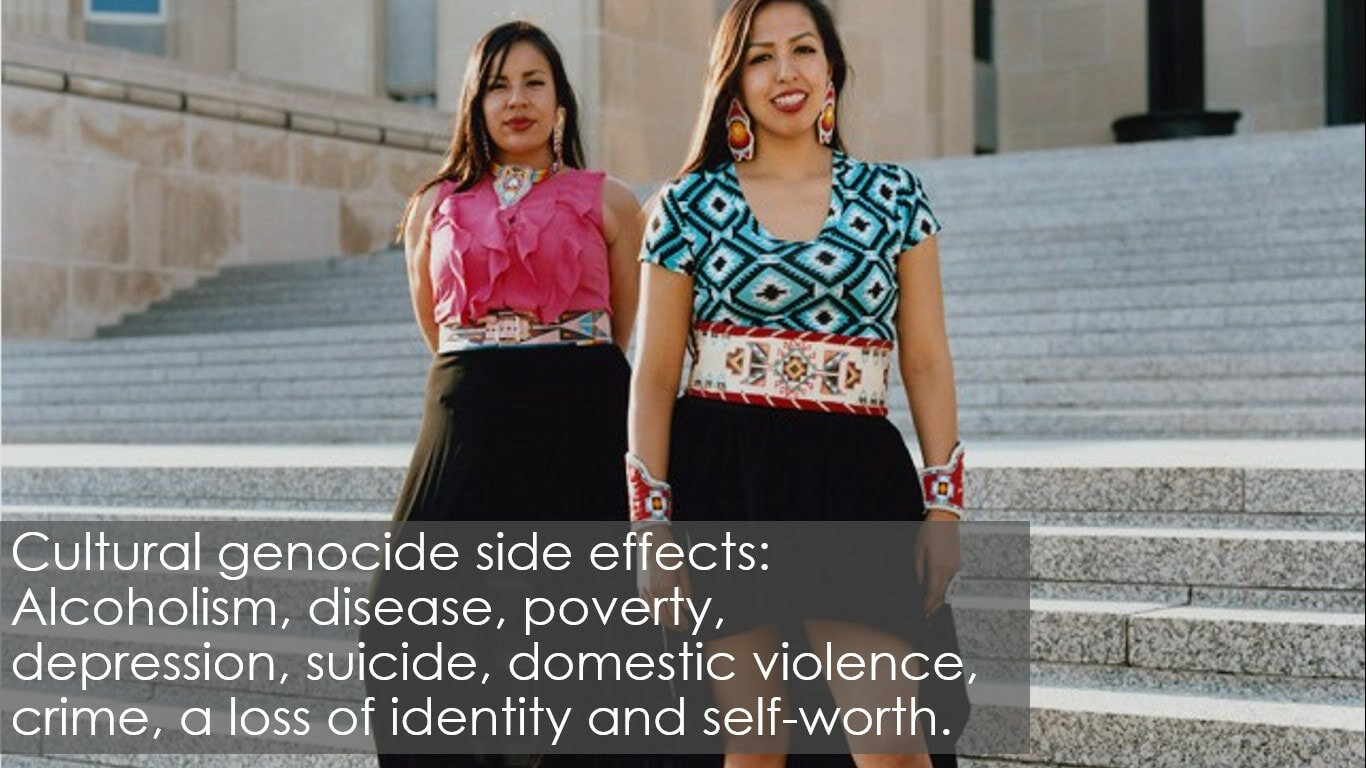
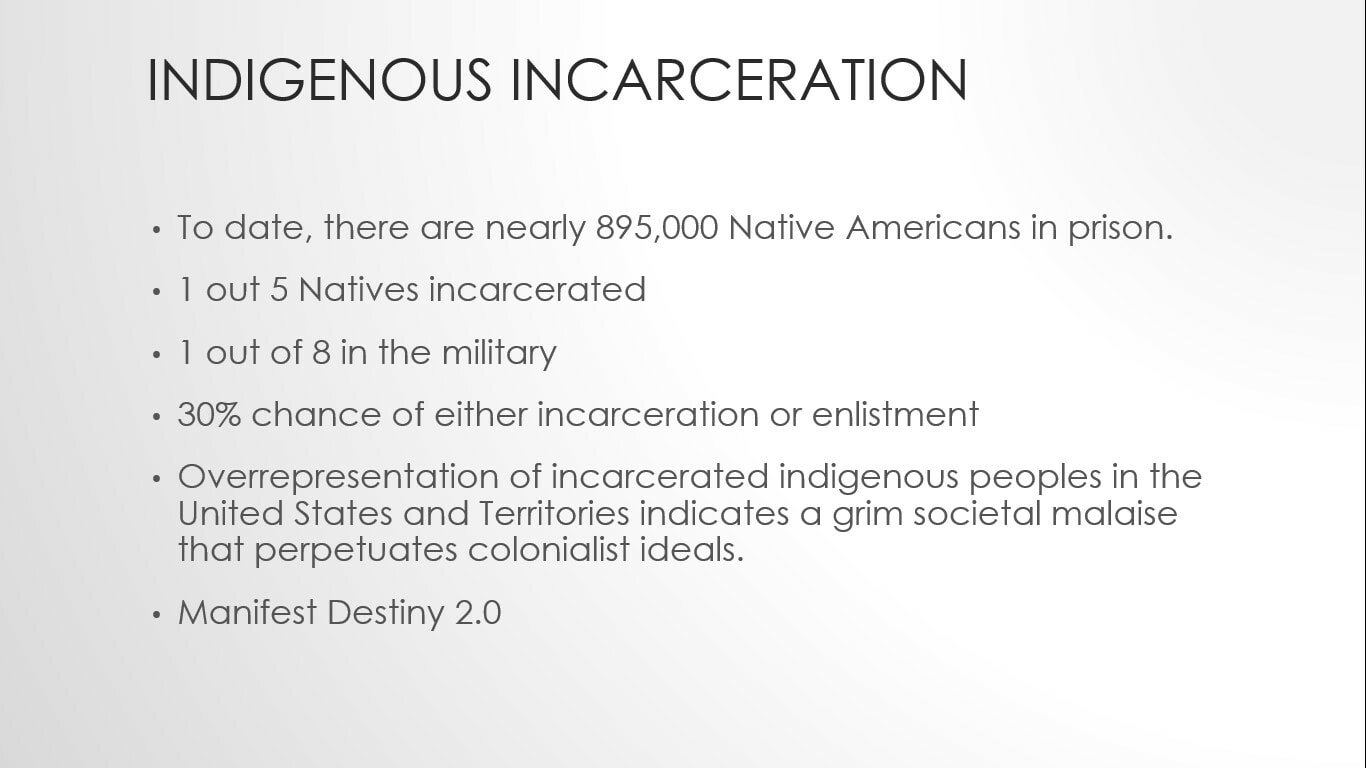
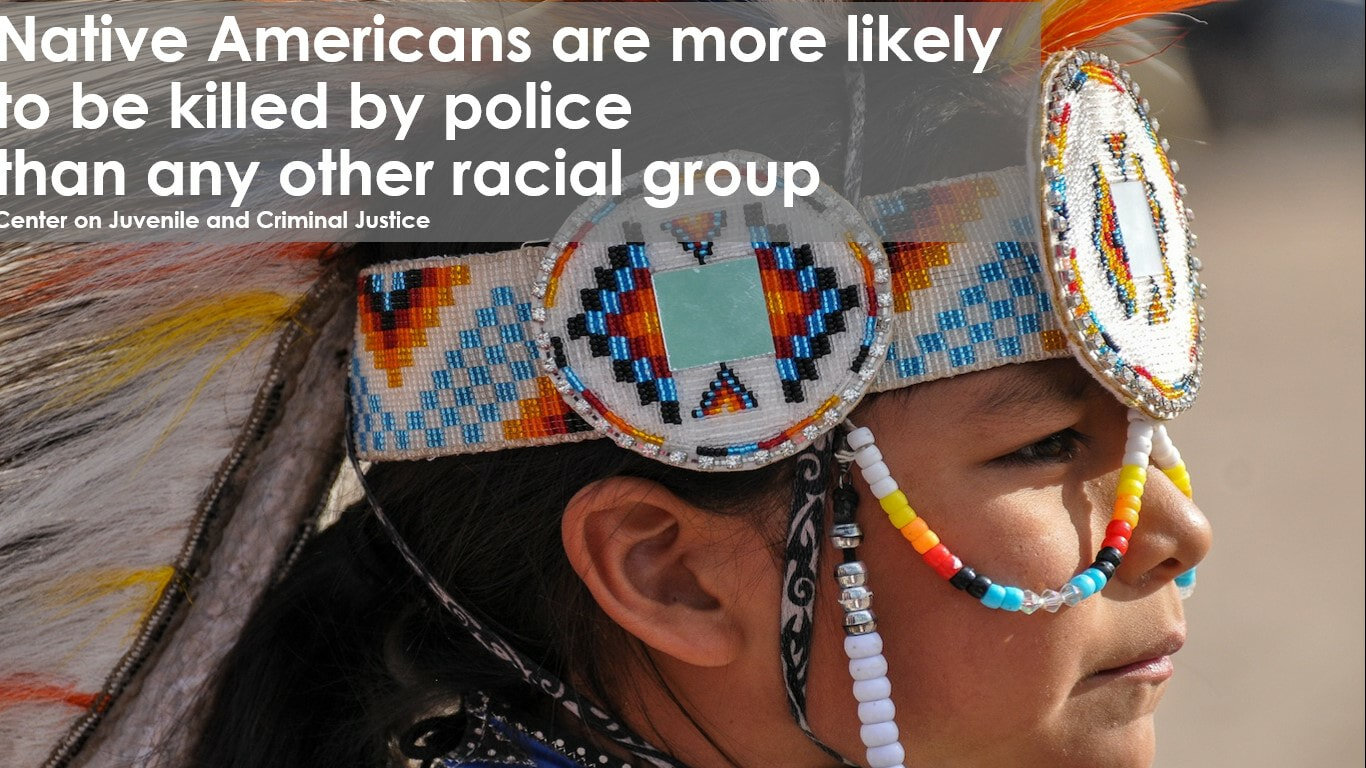
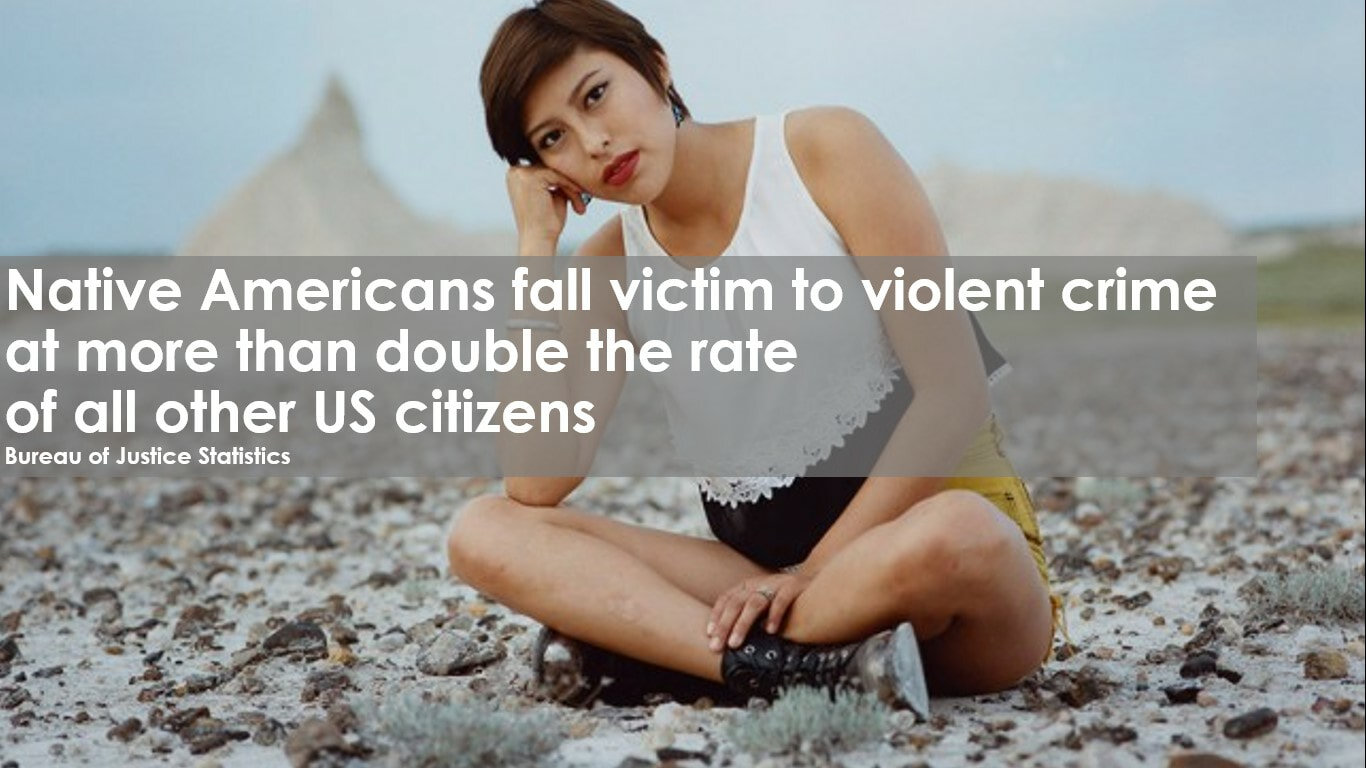
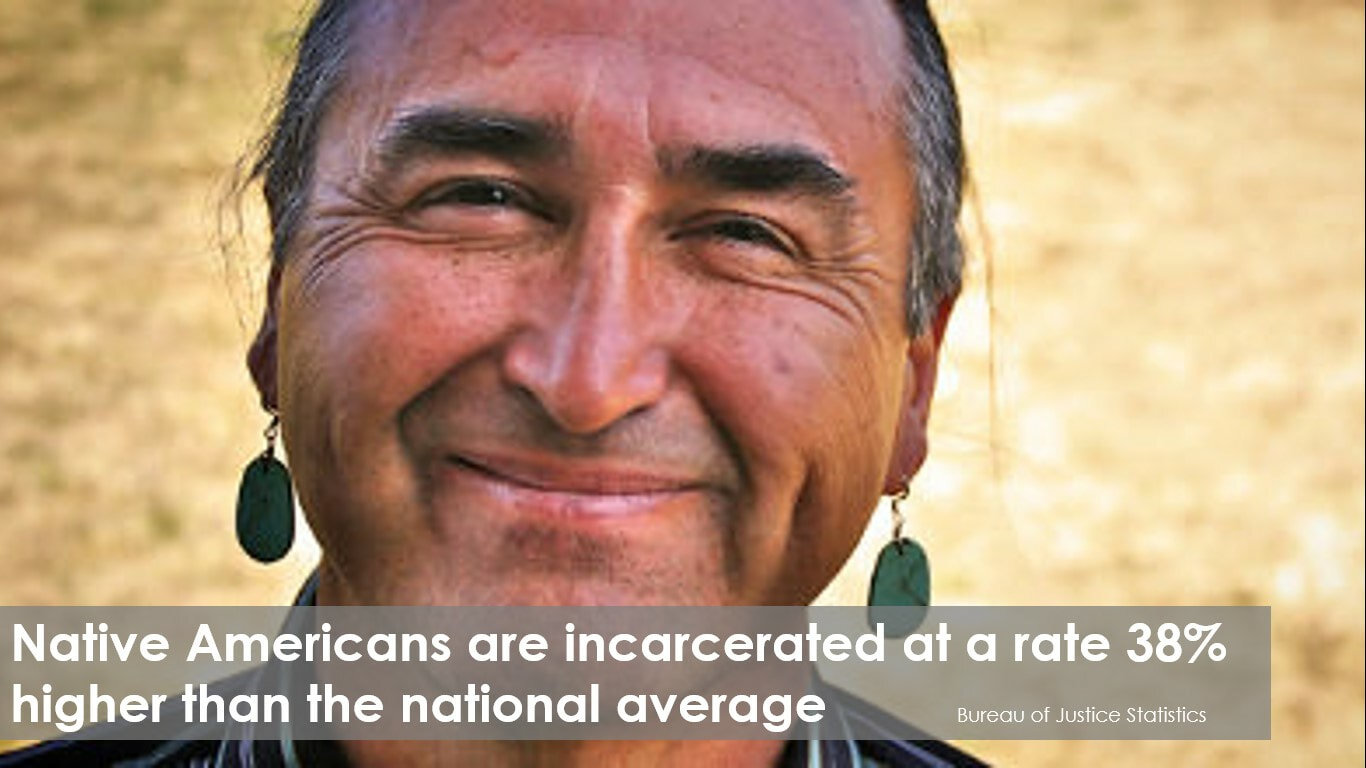
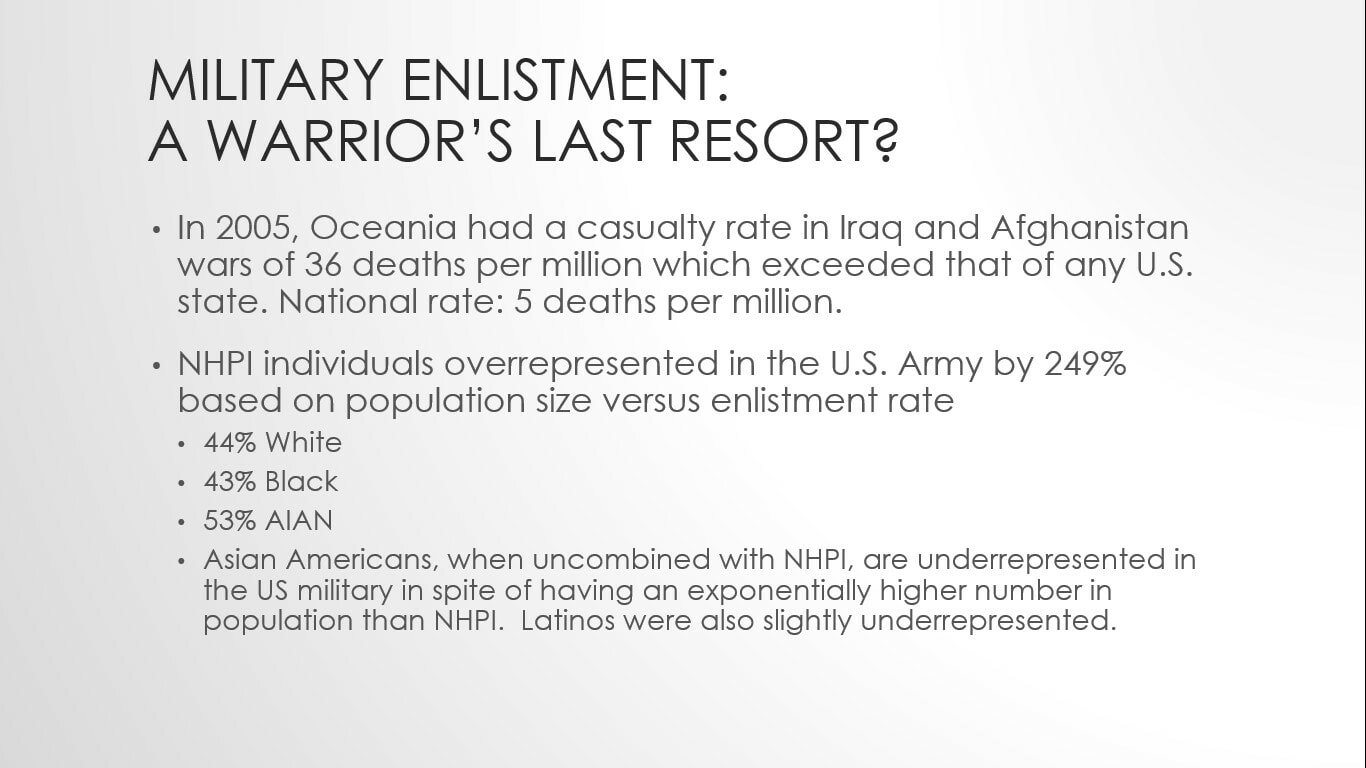
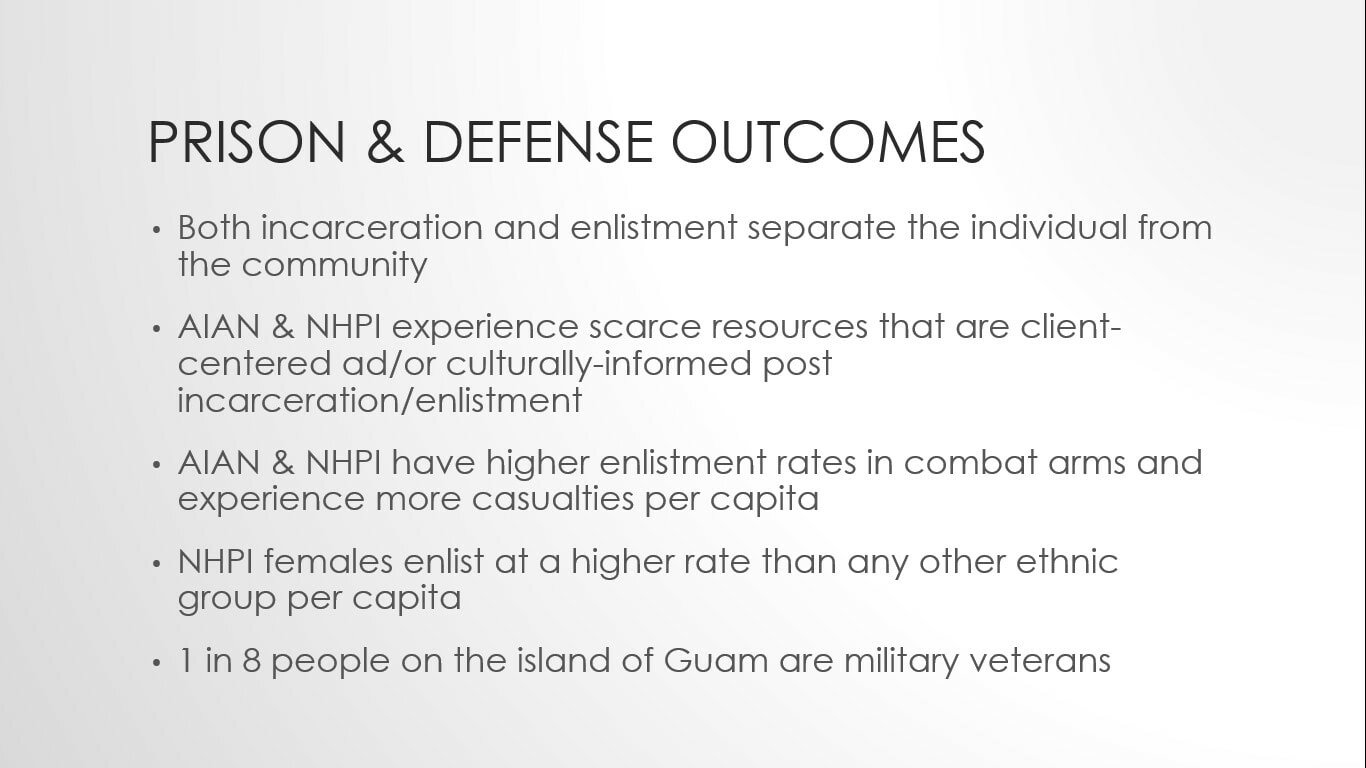
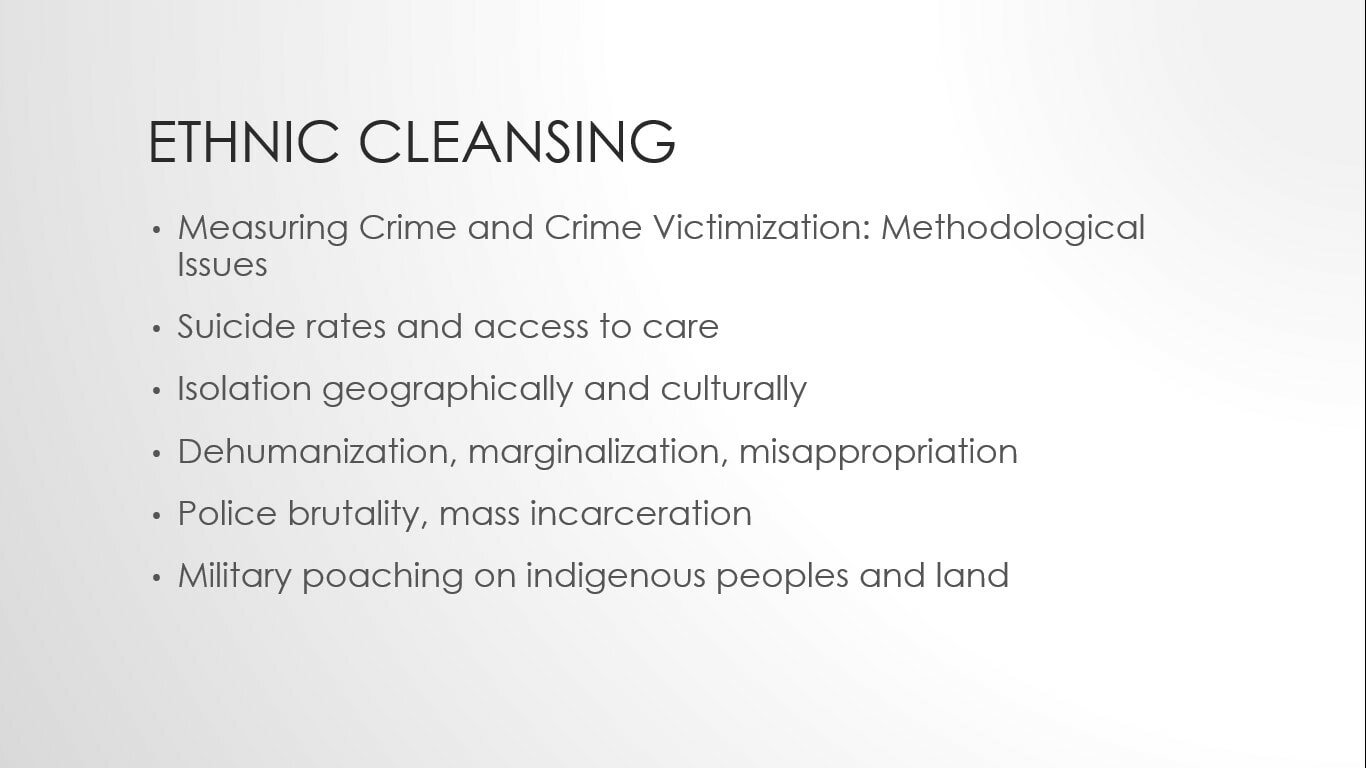
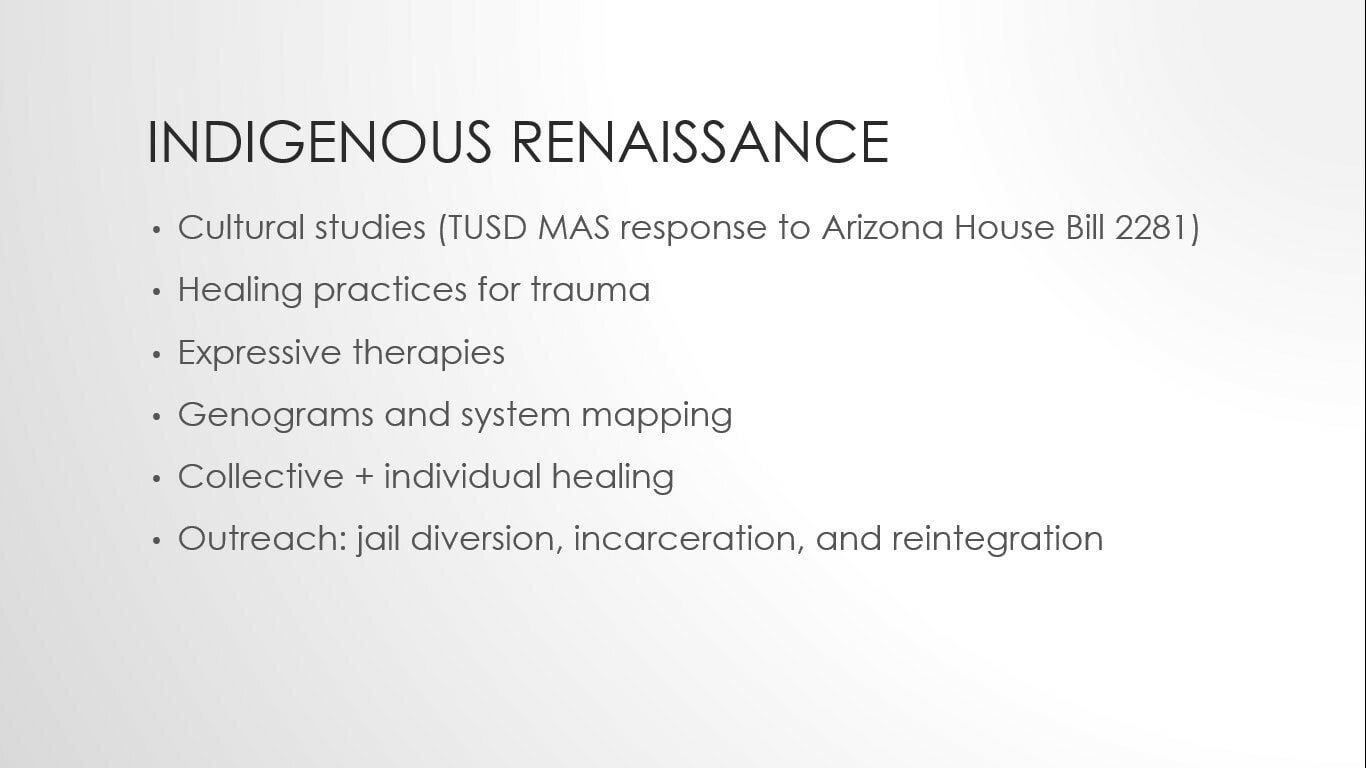
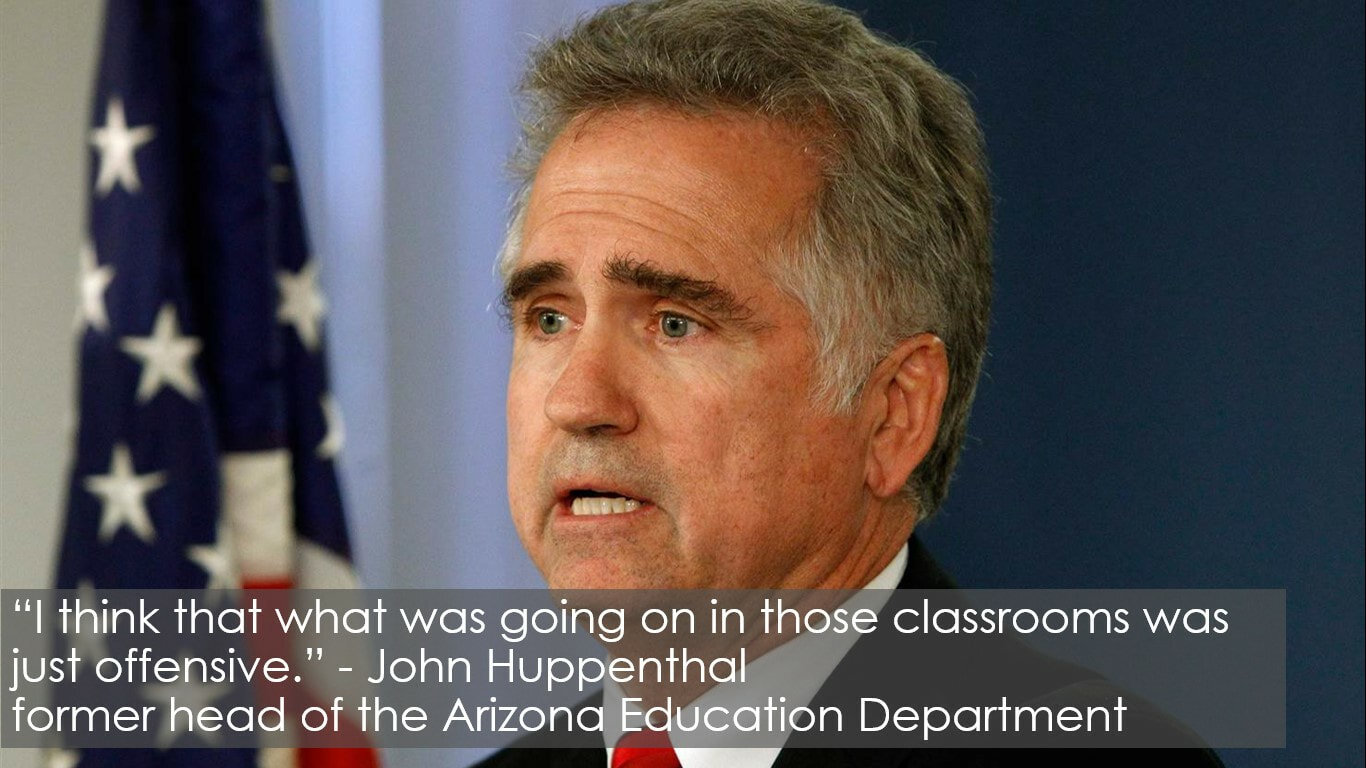
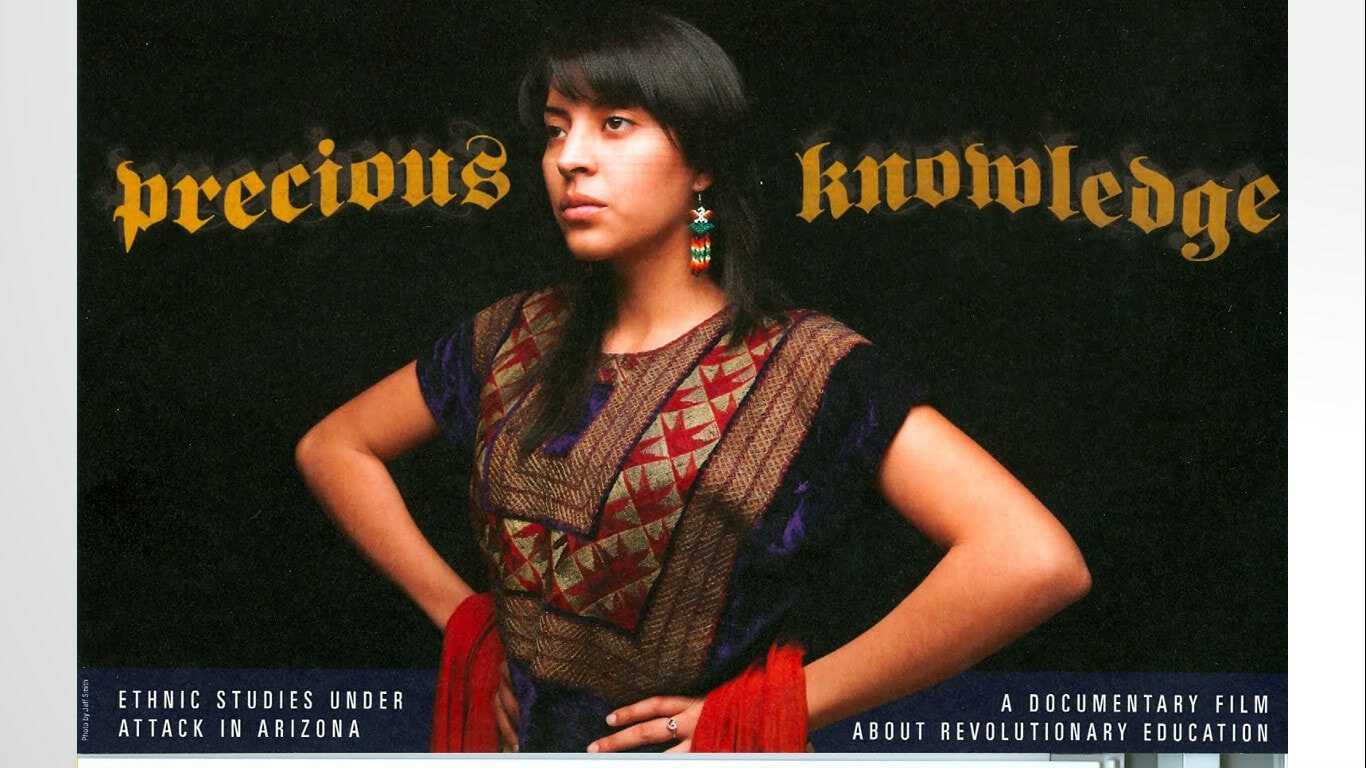
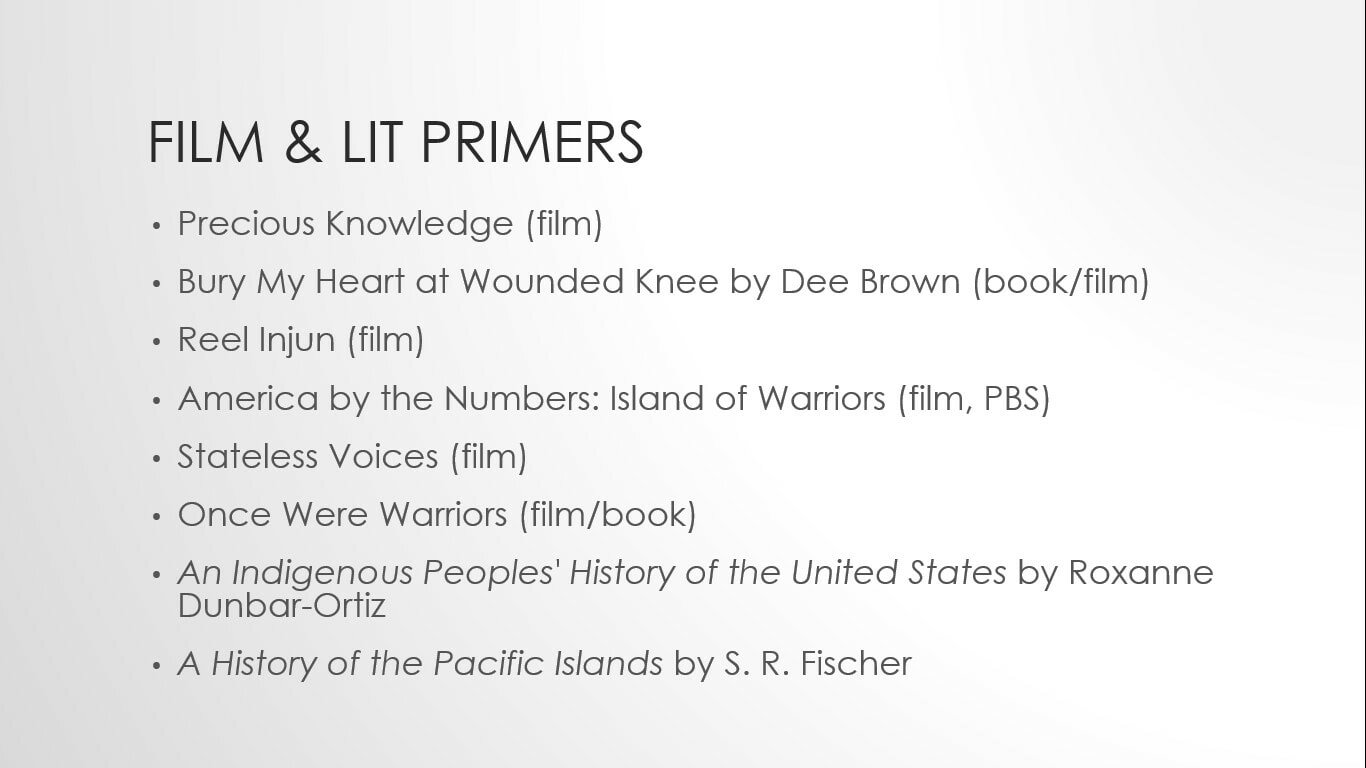
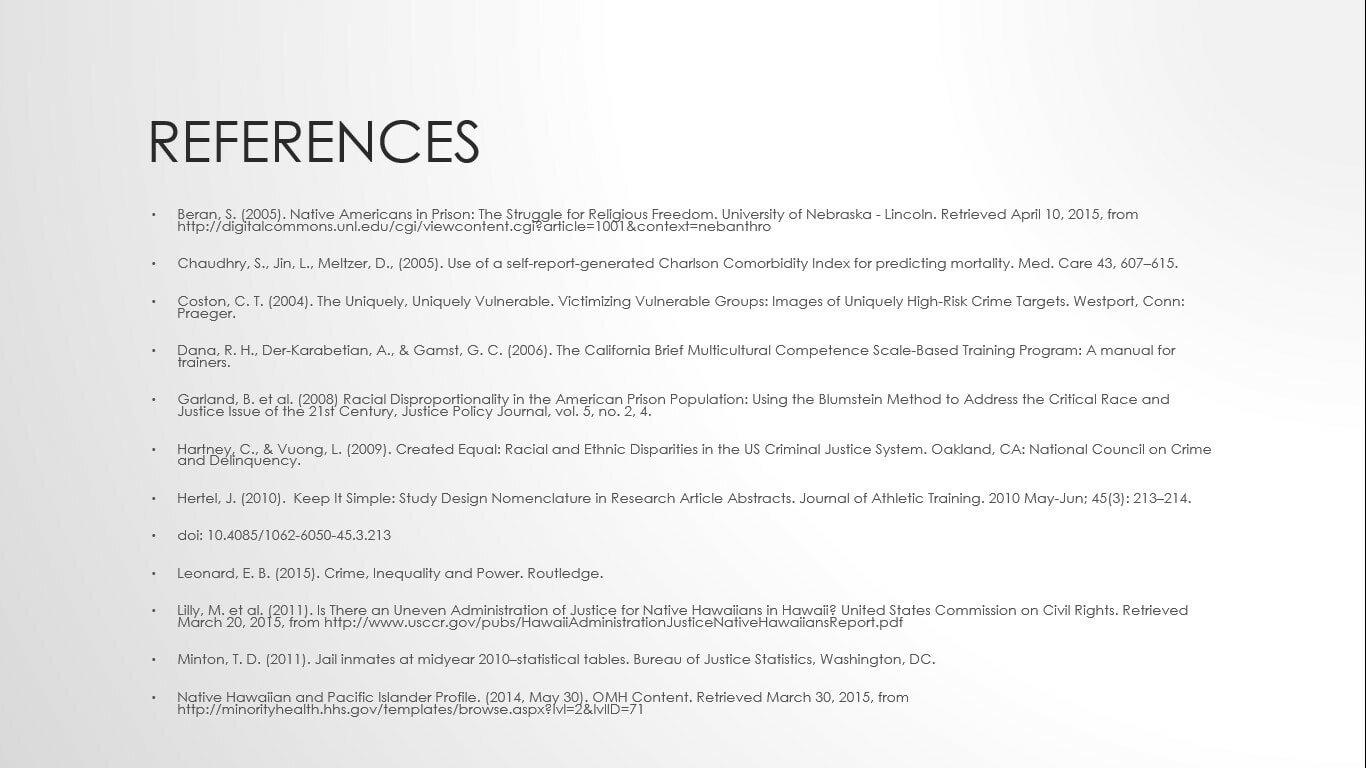
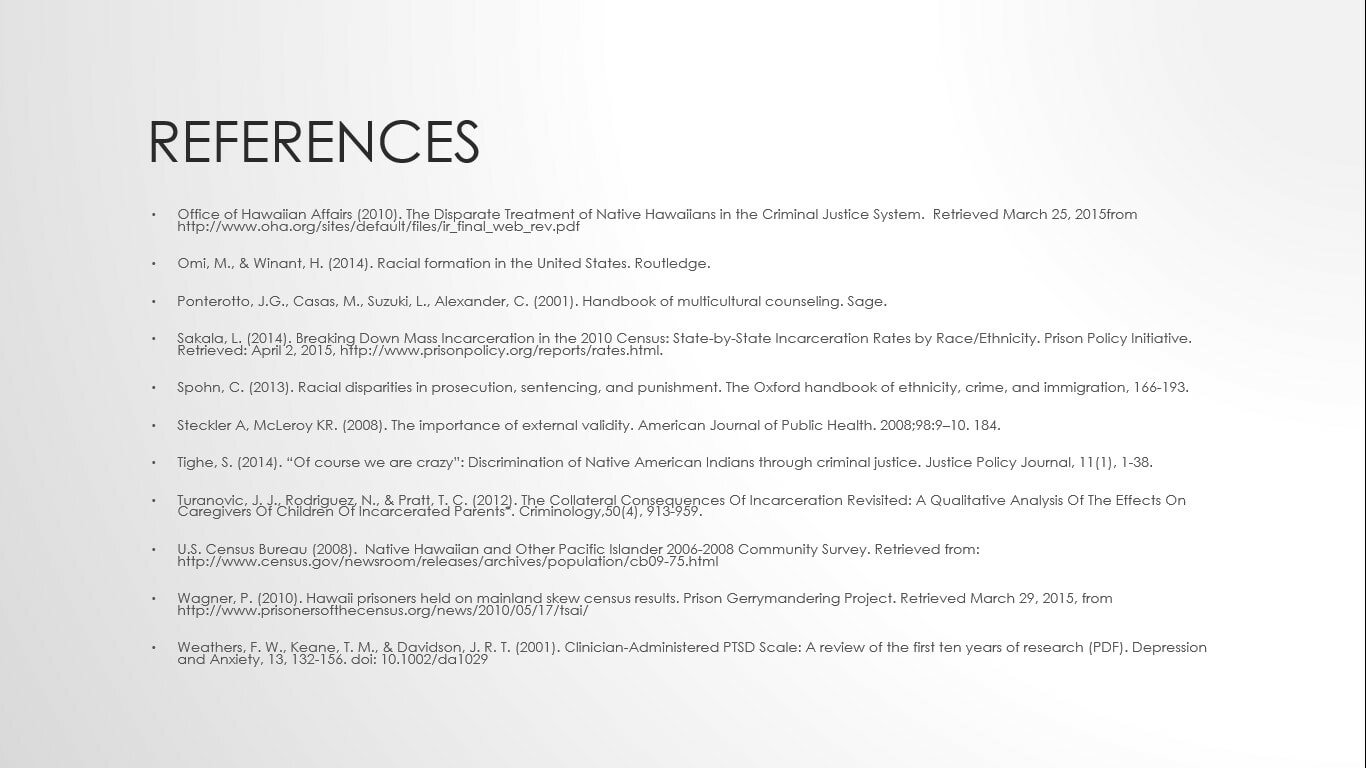
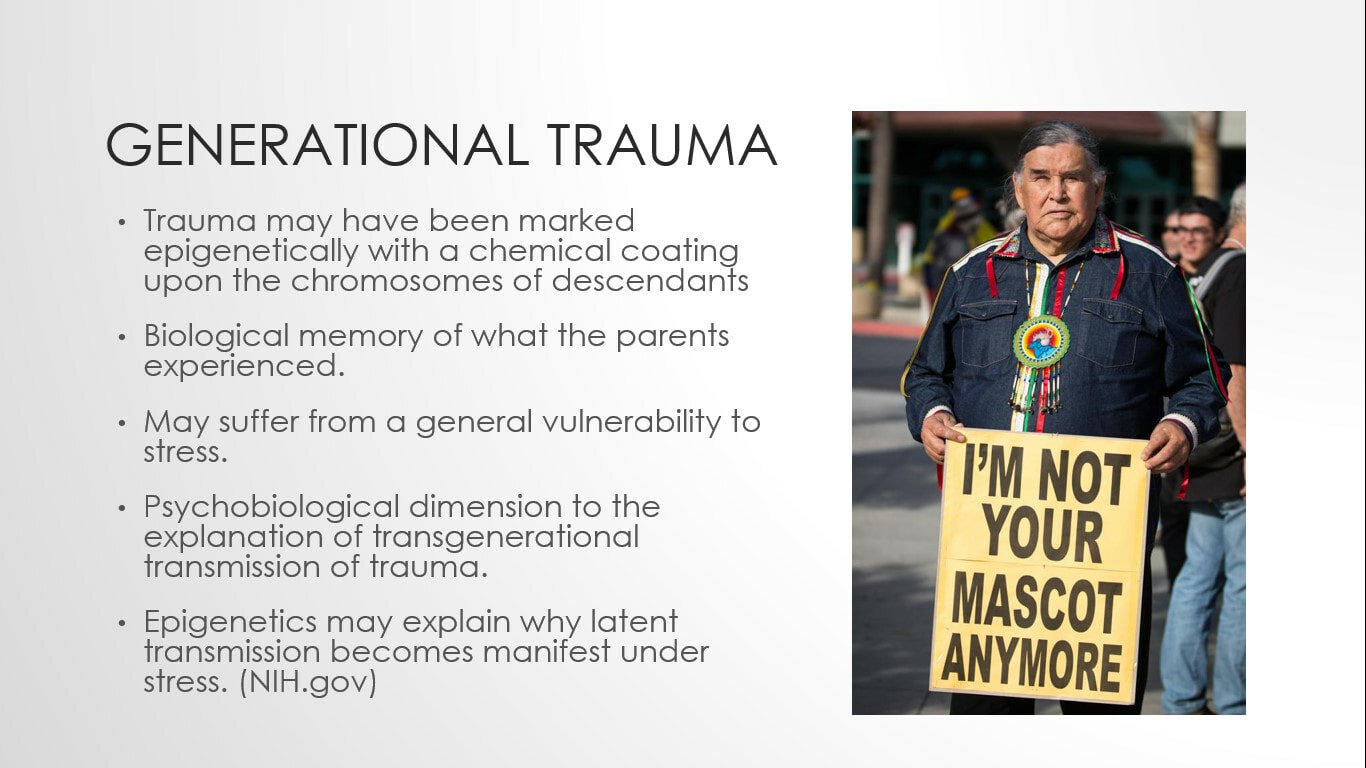
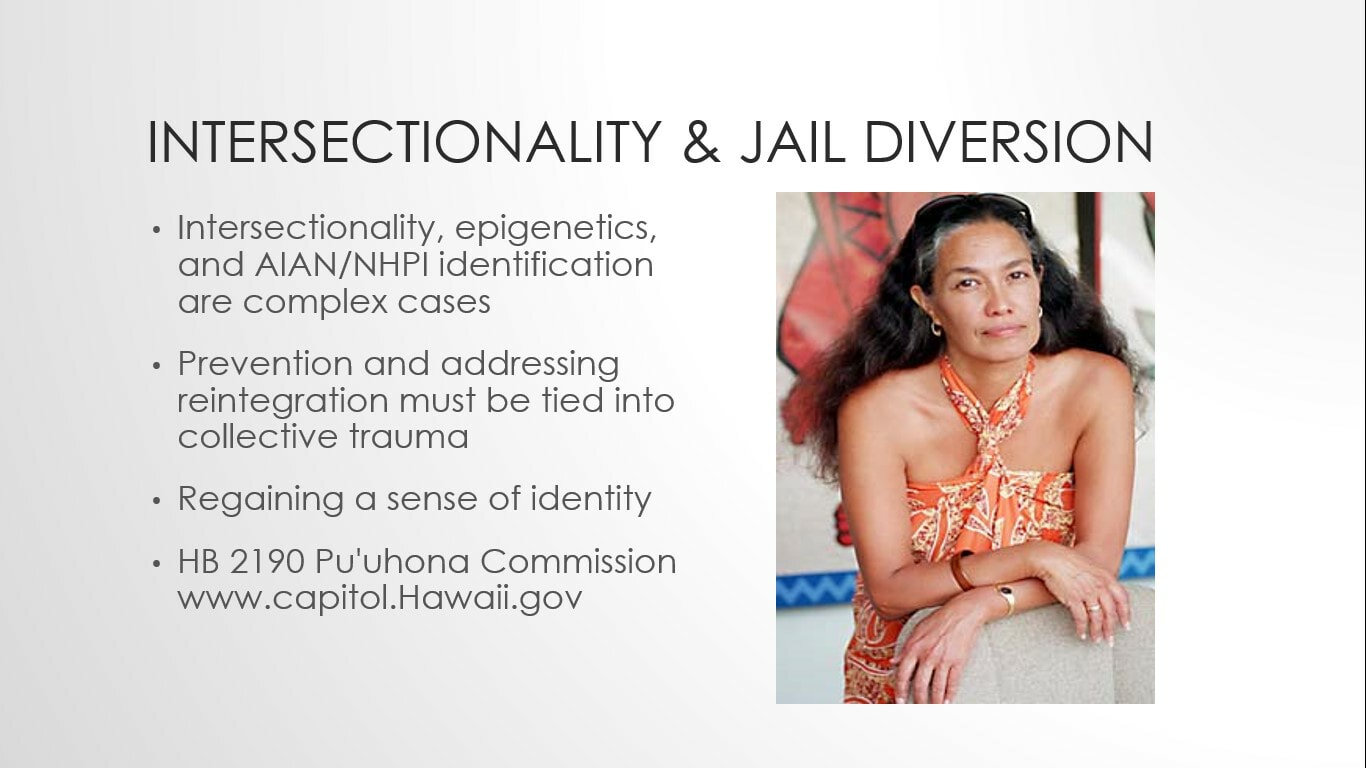
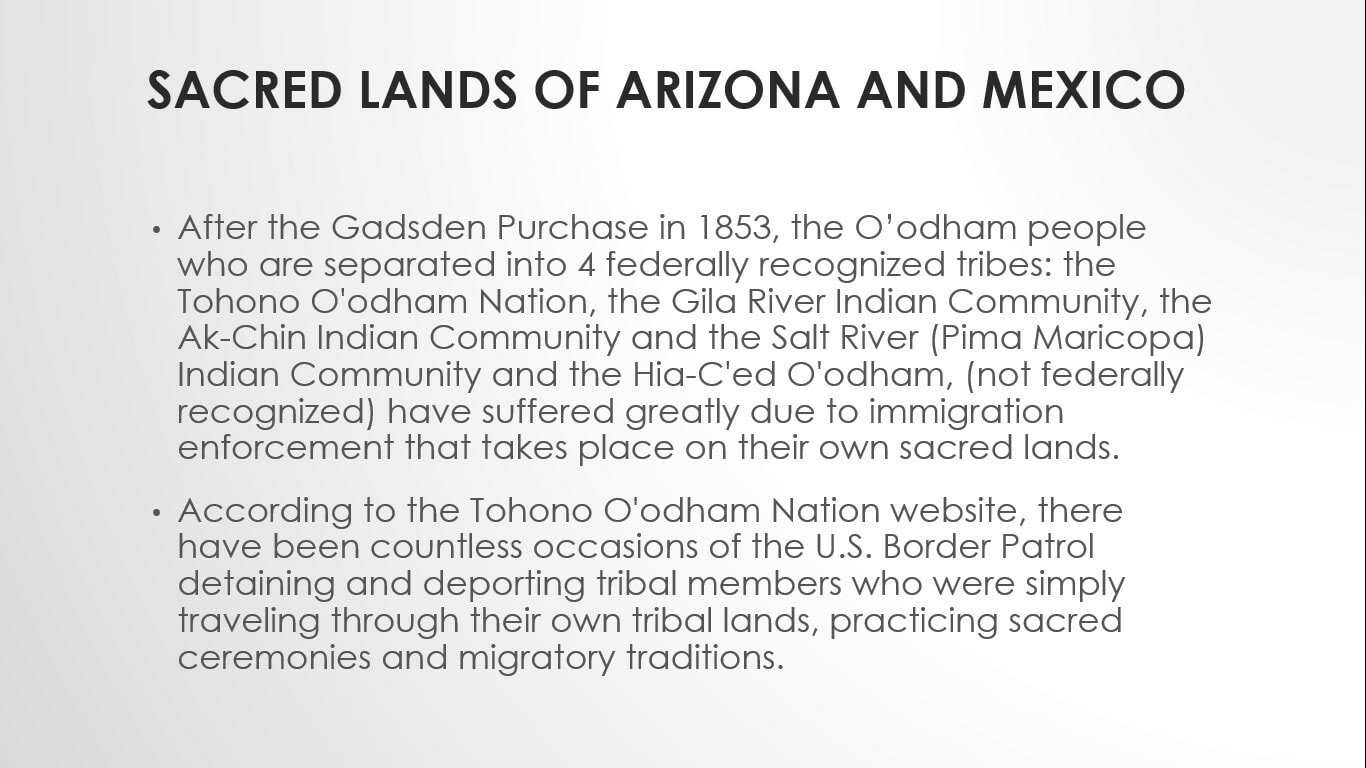
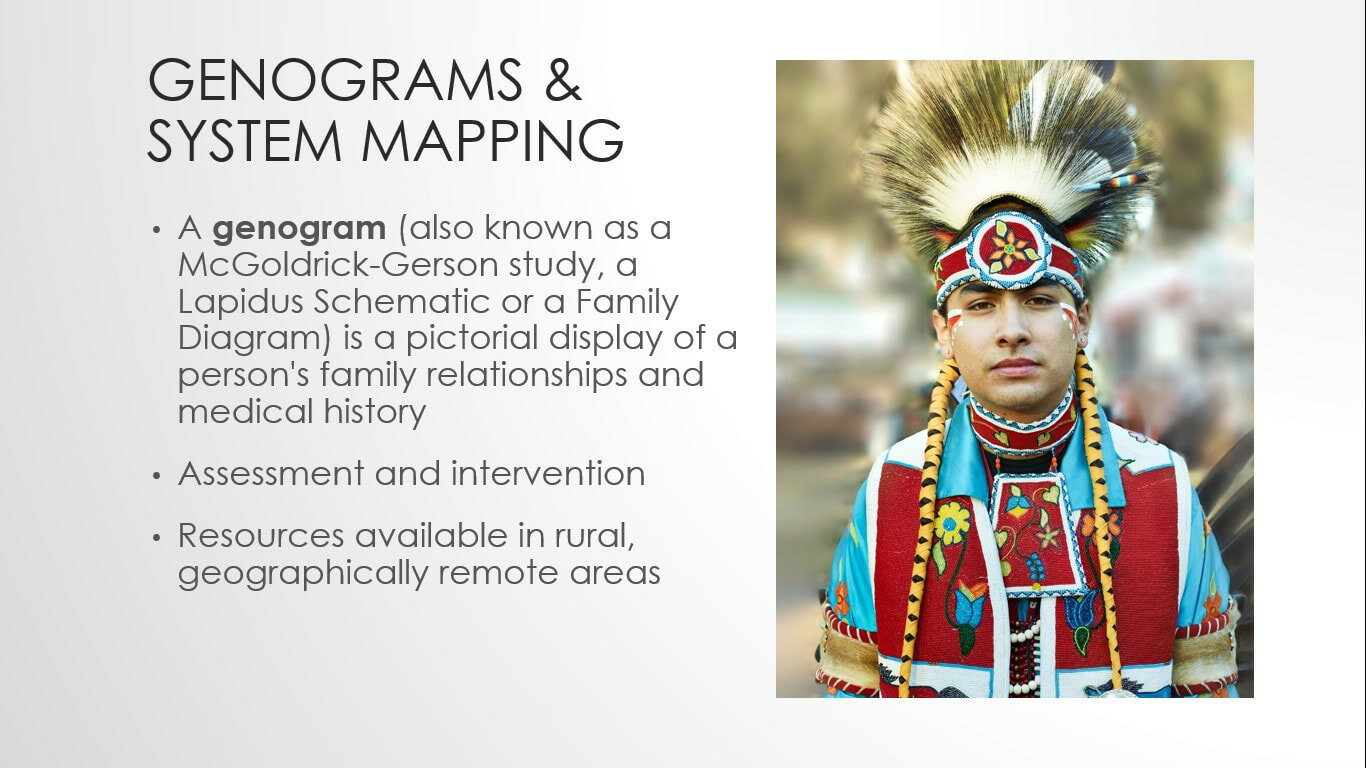
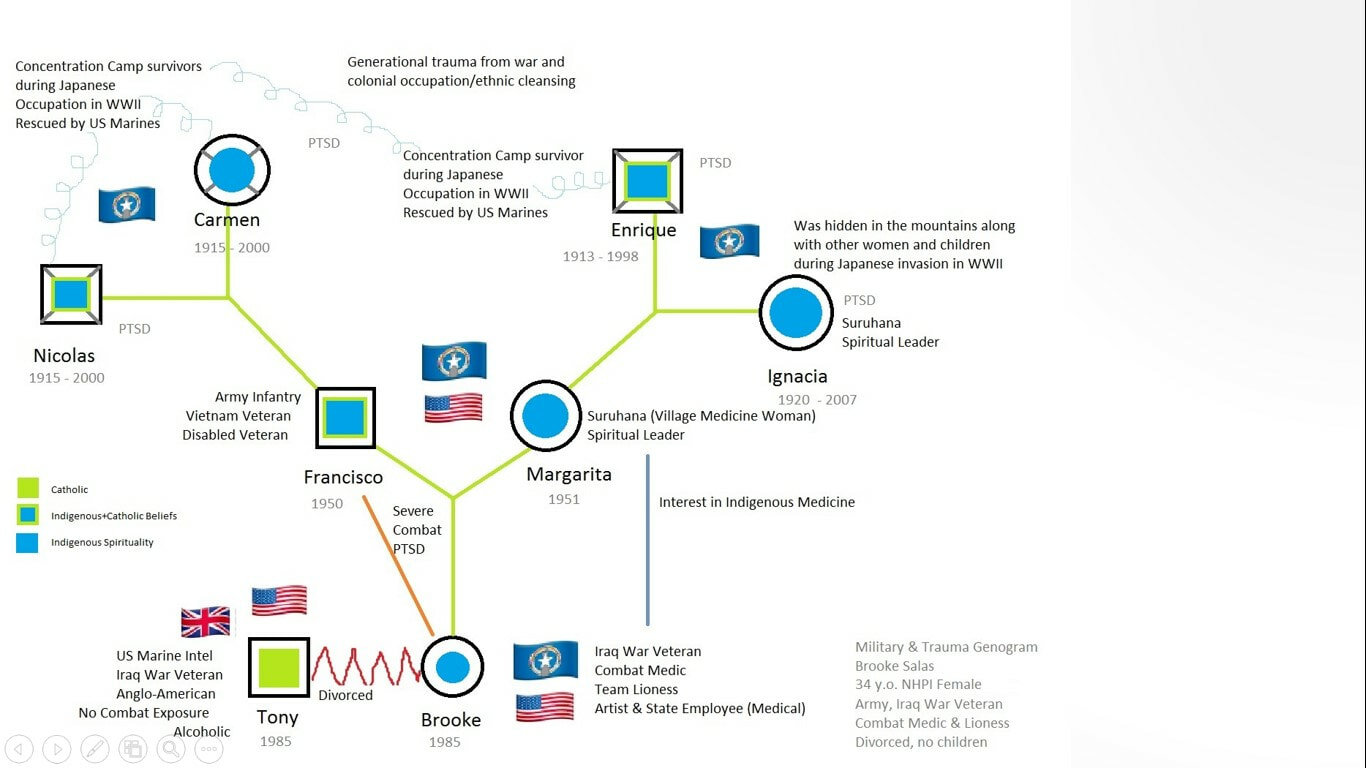
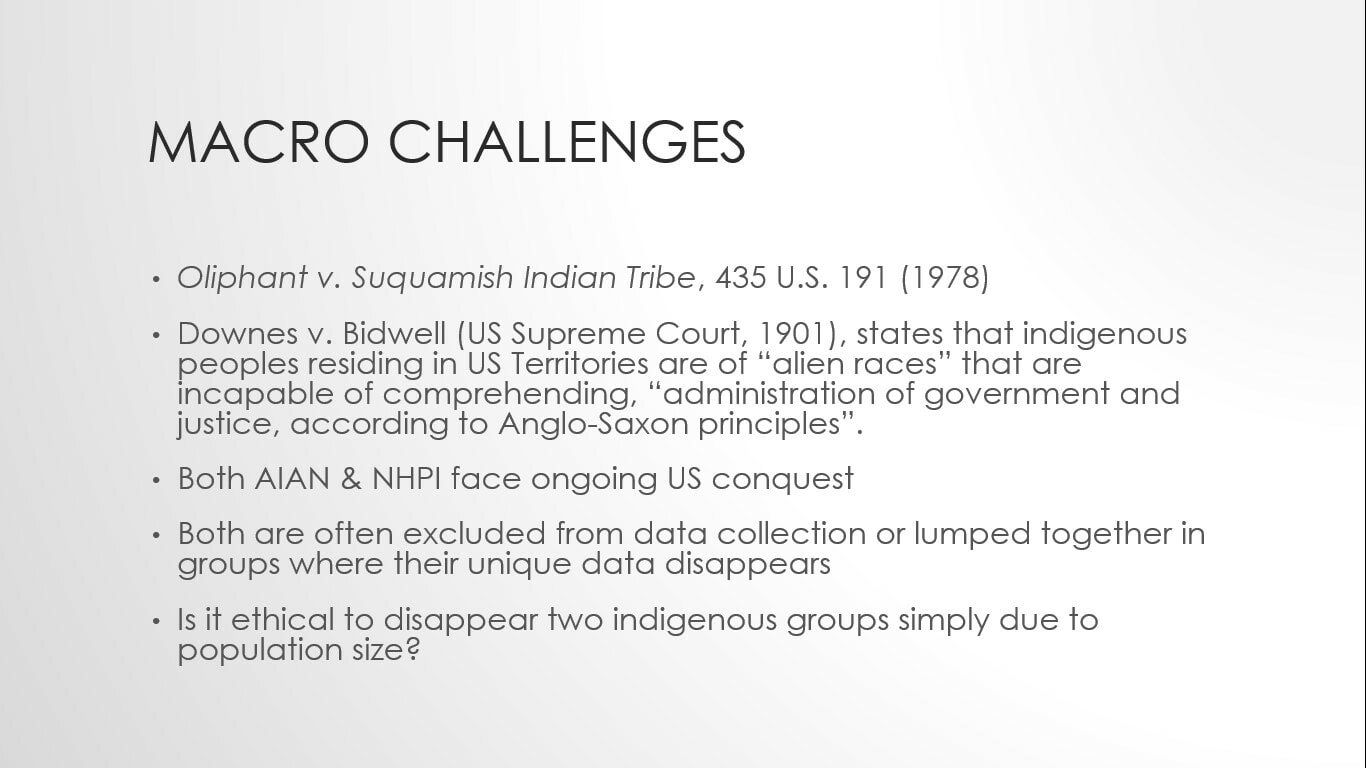
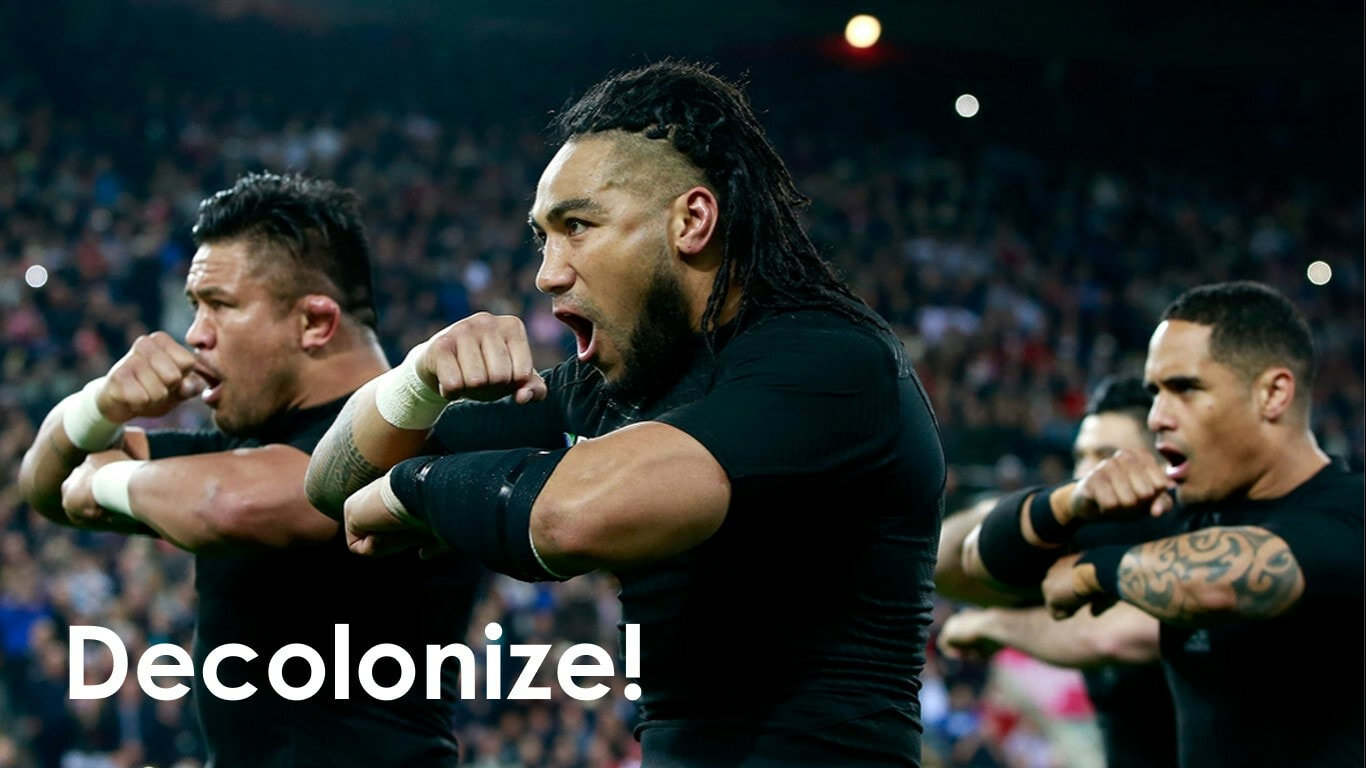
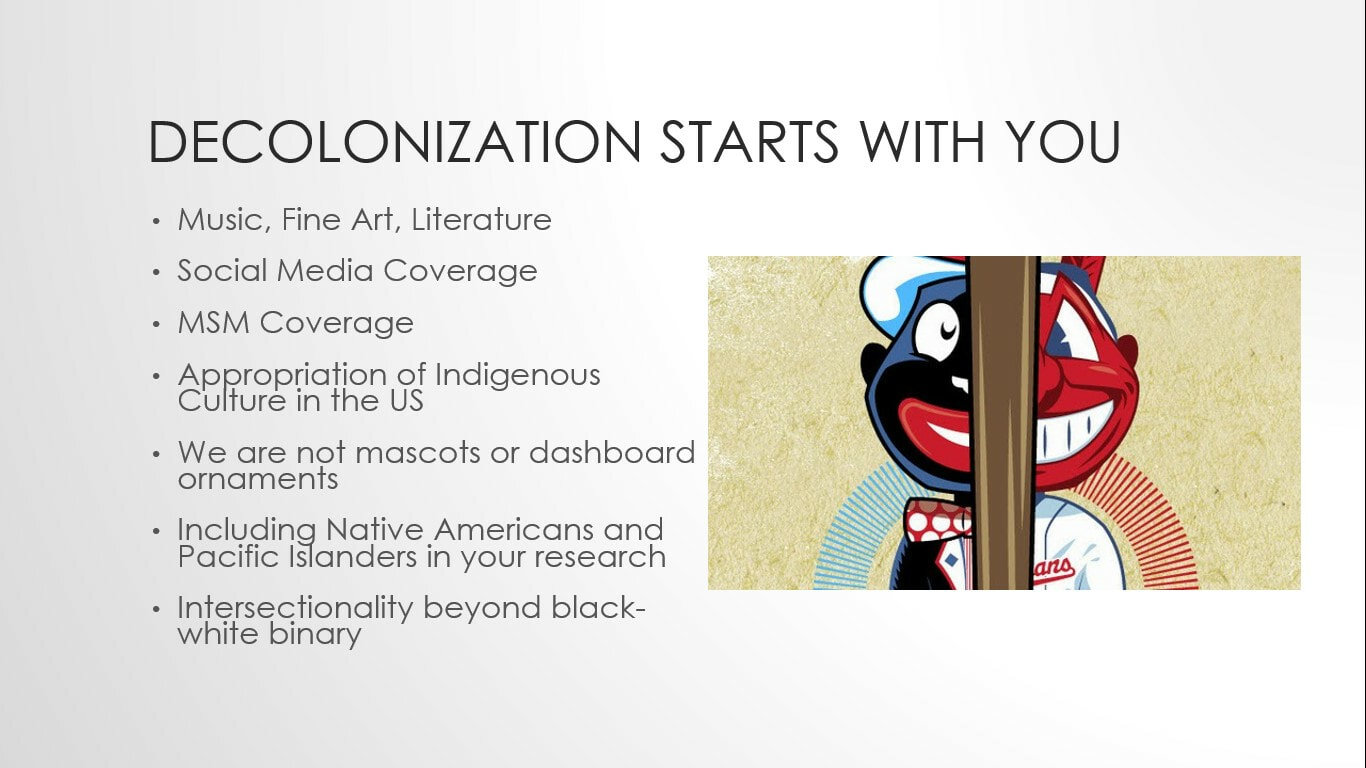
Native Americans and Pacific Islanders could ultimately contribute to progressive societal change with the proper resources, education, and tools to avoid current colonialist measures to silence their voices. Efforts in race and incarceration-based gerrymandering seek to weaken communities who are not only impacted the most, but are the rightful heirs to currently settled land.
This constant denial of Indigenous rights throughout the world has its roots in the Doctrine of Discovery. When Christopher Columbus was lost at sea and stumbled upon Caribbean land, he performed a ceremony to "take possession" of Indigenous land on behalf of the Spanish Crown.. Although Columbus' "discovery" story has been blown out of proportion and wildly mythologized, his act of taking possession was based on what we now know as the Doctrine of Discovery. Five centuries later, the United States government still uses this religious fundamentalist doctrine to deny the rights of Indigenous peoples.
What is needed to combat these anachronistic policies is an increase in grassroots organization to influence political change, regain Indigenous rights, unite underrepresented groups to invoke social and political change, restore cultural identity and language, and ultimately reduce the incarceration rate of Indigenous Americans. But where we can start in really pushing back is tackling the Doctrine of Discovery itself as well as addressing the long-term impact white supremacist and religious fundamentalist terror has caused throughout the world.
From: https://upstanderproject.org/firstlight/doctrine
Criminal Justice Goals and Priorities
By reducing staggering incarceration rates in drastically underrepresented minority groups, we can build on strengthening communities to take action and reclaim their voices. In addressing the root causes of socioeconomic disparities that leave Indigenous Americans vulnerable to institutional violence and discrimination, we can address the direct needs of individuals and communities who need it most.
There are very few papers and credible websites that address Indigenous incarceration, and there's hardly a link between the two groups. This is concerning as Native Americans and Pacific Islanders share such a similar history of occupation and exploitation.
As an Indigenous Pacific Islander myself, raising awareness on this societal epidemic is not only a meaningful challenge to reclaim my own voice, but an endeavor everyone can share in to empower indigenous groups for a stronger, louder voice in justice reform and political activism.

